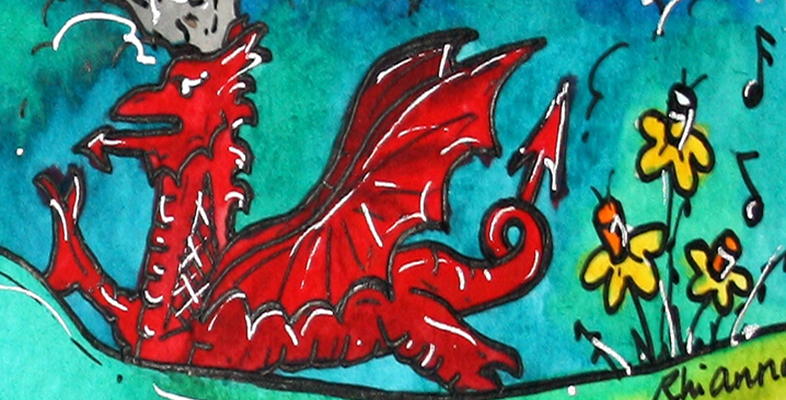1.2 Origins and early developments
Many hundreds of hill forts and ancient enclosures show that Wales was extensively settled by the Iron Age (600 to 400 BC), and that by then productive agriculture had been established in the fertile lowlands and border regions. Stone circles and other remains, including an enormous Bronze Age copper mine in North Wales, the Great Orme near Llandudno, and nearby Late Stone Age axe factories, date back even earlier.
Two of the main invading forces, the Romans (from 48 AD) and the Normans (from 1081), found Wales a very difficult place to penetrate and control, while – except for one or two coastal sites (around 850) such as the Gower peninsula in South Wales and a settlement at Llanbedr-goch in Anglesey (North Wales) – there is very limited evidence of any strong Viking influence.
The terms ‘Celt’ and ‘Celtic’ are often applied to signify the historical roots of the Welsh but later newcomers to Britain – the Anglo-Saxons – used the term ‘Welsh’ (Wealisc) to refer to the ‘foreigners’, or ‘others’, who were already there. People living in what later became known as Wales would not have described themselves in this way. Neither, according to one eminent expert on the archaeology and prehistory of Britain, would they have said they were Celts, since ‘no ancient source ever suggested that Celts lived in Britain and probably no ancient Briton would have thought of themselves as Celtic’ (Miles, 2006, p. 108). Instead they were part of a variety of local tribal groupings with different names. In the Welsh language, they were ‘Cymry’, or members of the same community or group, and the place they inhabited was ‘Cymru’. One thing is certain, there is agreement that for centuries Wales has been home to a people – whether Celts or not – who were distinct from the people who, over time, became identified as the English.
